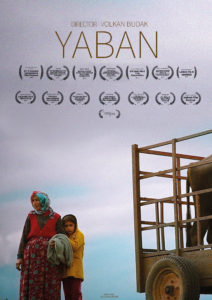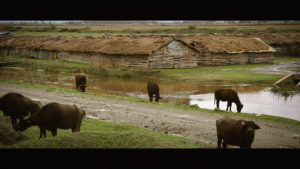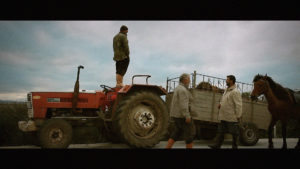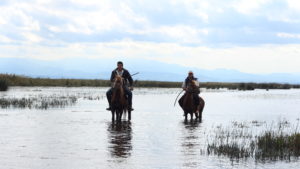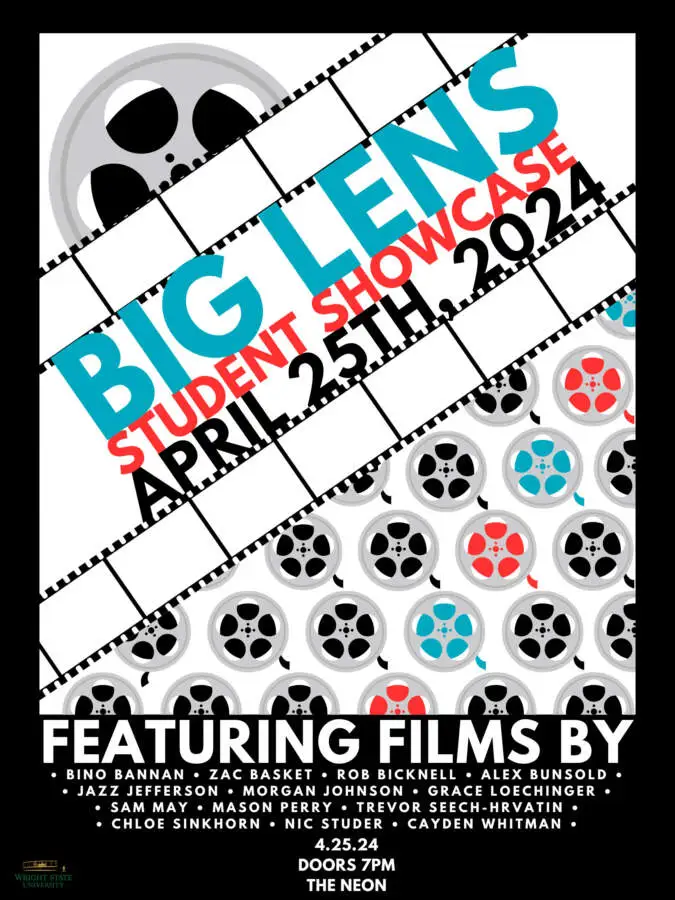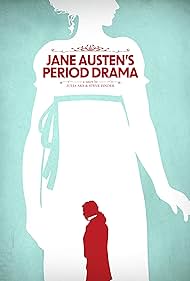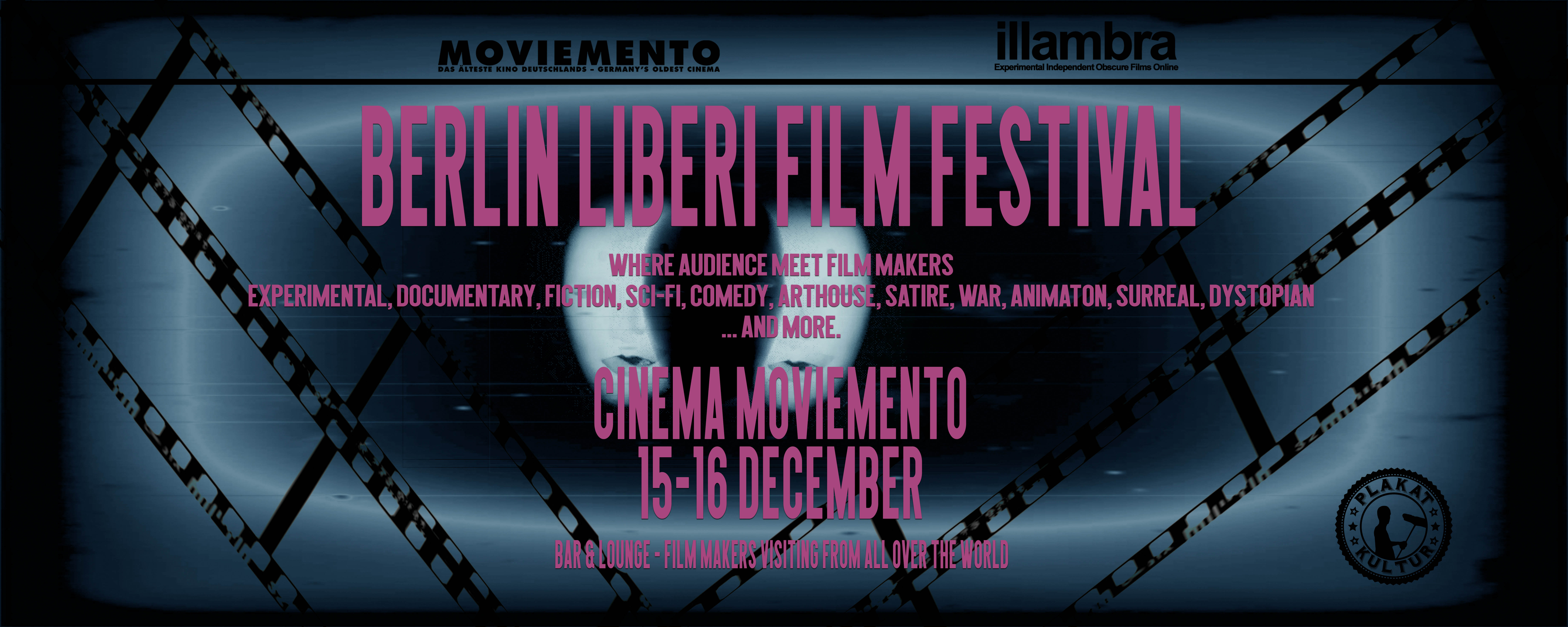
BLFF 2018 Documentary Short Film Review “Yaban (Wild)”
WATCH THE TRAILER HERE
First, the Recap:
How many times do we take for granted that which exists around us, all in the name of what constantly gets classified as “progress”? With this ever flowing, ever changing world we make every attempt to tame, what gets lost in translation when it comes to simply being able to take a step back and relish the wonder and beauty of nature, even in what most might consider its basic forms? What will it take for the evident and growing clash between man and nature, creation and culture to subside enough in order that a balance might be restored to benefit both sides of the equation? What will it take to open our eyes, our hearts, our spirits?
For example, take some rugged ranchers who find themselves having to toil tirelessly in open fields, marshy landscapes, and stormy weather, specifically with livestock as their point of income and contention, in order to survive and move forward per what their business and overall paradigms demand. In going about their daily routines, they herd droves of cattle, buffalos, and other animals who may end up in a barn, out of their natural habitat, no longer free to roam, graze, and run like instinct dictates, rather finding themselves at the mercy of their masters and the way of life they enforce. It’s all necessity rather than, perhaps, a true appreciation for what elements of life are being affected, and refashioned, to fit a mold rather than mutual choice.
Next, my Mind:
It would be very easy to say, based on my interpretation above, that this 9-minute documentary short from Turkish director/cinematographer/editor Volkan Budak, screening at this year’s Berlin Liberi Film Festival, is some random, embittered diatribe that aims to highlight “the evils that men do” and the hopeless plight of nature which suffers from it. Nothing could be further from the truth. Instead, we find Budak utilizing the lush yet stark landscapes of Turkey’s Kizil River delta and the cattlemen who reside and work there to become a more generalized but meaningful and relevant illustration of the greater concepts that encompass how we as human beings treat the world of nature around us, even when doing so innocently and with no ill intent.
Hence, this turns into a provocative statement to be applied to how we do tend to just “take over” everything we “require”, often without exploring what other options might exist to achieve the same ends but maintain the sanctity of the natural beauty and life around us, therefore preserving some sense of appreciation to the bountiful abundance we’ve been given to survive and move forward. We’ve created our “cultures”, the atmospheres of influence, that befit our goals and means of living, but at what cost? Personally, I feel this little reminder of how we do remove the freedom, as it were, of nature so frequently and without really thinking, showcased here by the cattle and buffalo roaming free only to be tracked down, corralled, and placed into barns, which as Volkan describes, “are productions of a “culture””.
Again, this isn’t berating human beings from doing what’s needed to survive or some animal rights battle cry, but it does challenge our view of the world around us to elicit due consideration as to how we might do a better job at not always focusing on creating these “cultures” haphazardly, but rather give better thought to how we expand our communities without sacrificing anything we actually don’t need to impede upon or needlessly use up, at least in my opinion. Visually, this film is wonderfully executed in documentary style, but relies solely on its imagery and accompanying, hauntingly evocative musical score to bring about the emotional potency and desired viewer engagement, which is a style of filmmaking I truly appreciate and support, given that sometimes, the lack of any actual dialogue or, in this case, interviews is very much a welcome change from traditional format.
The contrasts between the portrayal of nature vs. man paired with the context its all being placed within is very impactful, causing the mind to assess what’s seen and heard, in order to formulate what we hope is a redefined notion of just how we can make the necessary adjustments in our existence to see a better approach perhaps to how we move our societies ahead while allowing for much greater chances to pause and enjoy everything in the natural world and not squander it away or further take undue advantage of it. We are blessed to be the engines of intelligence, fortitude, and invention that we are, provided every resource we need to make a good living without being oppressive to the products of the earth. So, in total, “Yaban (Wild)” stands as a smartly delivered experimental film and needed testament to this cause that will, ideally, help by being one more “voice” of reason and influence to compel us to strive to make this spherical realm a much better place to call home, for all inhabitants involved.
As always, this is all for your consideration and comment. Until next time, thank you for reading!

